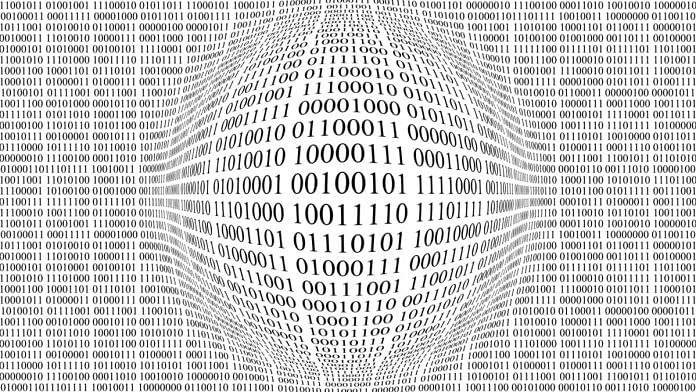New Delhi: A team of scientists at the Defence Research and Development Organisation (DRDO) have created a quantum device that can generate a truly random sequence of numbers by tracking single particles of light.
Generating a string of truly random numbers — no correlation between two successive numbers — has been a mathematical challenge since 1890, when the English polymath Francis Galton described the humble dice as the most superior random number generating device.
But in today’s world, where unique 6-digit authentication codes are expected to appear on phones in a matter of seconds, far more sophisticated computer programmes are required to generate random numbers.
While a number of computer programs currently exist that can generate random passwords and PINs within seconds, these systems are not truly random. At some point, the systems start repeating the sequence of numbers, which could compromise the security of the system.
The new device by the Mumbai-based DRDO Young Scientist Laboratory for Quantum Technologies relies on a fundamental property of light — the fact that light behaves like a wave and a particle at the same time.
Also read: Can’t travel to see the northern lights? Hear it in this documentary that converts it to music
How the device works
In the device created by DRDO, researchers use attenuators on a source of laser light such that the intensity of the laser is reduced to just one photon — that is, the elementary particle of light. These photons then enter a branched beam splitter, which has two exit points.
At the end of the two branches are detectors that can pick the photon signals. Each time a photon is detected, the system sends an electrical pulse to a recording unit.
The device registers a 0 if it detects a pulse from one branch, and ‘1’ if the detection is made from the other branch. This way the system continuously generates a string of random binary digits.
Since the photons take random paths in nature, it is not possible for any existing system to predict what code these photons may generate.
In a press statement Tuesday, DRDO researchers said random numbers have essential roles in many fields, such as quantum communication, cryptography, scientific simulations, lotteries and fundamental physics experiments.
“Based on the encouraging results obtained, it can be stated that the developed Quantum Random Number Generator (QRNG) passes the global randomness testing standards,” the statement said.
In addition, the generated random numbers are also verified using DRDO’s indigenously developed Randomness Testing Statistical Test Suite.
Also read: Would you eat indoors at a restaurant? We asked 5 health experts




So what will happen when random numbers are generated?